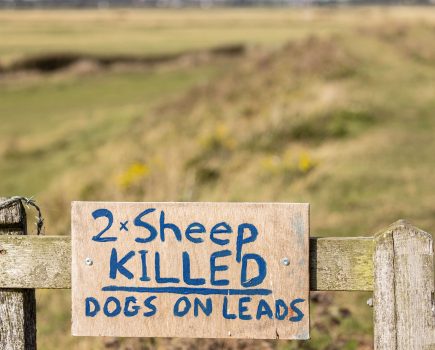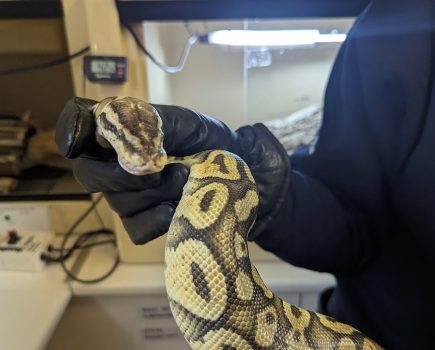JAN 20, 2013: Adam Henson advises on getting to grips with being a smallholder
Adam Henson advises on getting to grips with being a smallholder It often amazes me how smallholders manage to master such a variety of skills, especially when many have a ‘day-job’ as well. The traditional mixed farm is something of a rarity now, as farms increasingly specialise in either livestock or arable operations. Smallholders, on the other hand, often have an incredible diversity of enterprises, with not just one, but several different species of livestock, a market garden, and perhaps even an artisan craft business! Become an expert Clearly, each different type of enterprise demands a degree of skill, and if you want to be a really successful smallholder, it makes sense to choose the ones that you not only have an interest in, but also have a bit of flair for, and then concentrate on honing your skills to expert level! For example, if you fancy setting up a food business, you’ll need to know the ins and outs of hygiene and risk assessment. To successfully run any type of business it’s essential to understand costs, turnover, profit and marketing. The list grows as you start to consider some of the many activities smallholders carry out as a matter of course: managing the land requires some basic agronomy, rearing healthy livestock means learning about animal husbandry, and it’s also useful to have some basic carpentry, plumbing and perhaps even engineering skills under your belt. Book yourself on a course Growing up on the farm, I absorbed an enormous amount of knowledge about all the different species of animals we kept, as well as growing food for both the livestock and the family. But it was only when I went to agricultural college that I discovered how much more I needed to know to eventually take over the farm from my dad. It was a great experience learning about different aspects of farming, and I would encourage every smallholder to take advantage of the many part-time courses there are available. A good place to start is with a local Smallholder Association; there are groups in almost every part of the country and most offer a surprisingly wide range of training courses to members. A quick internet search reveals courses on topics from hedgelaying to honey-making and chainsaw maintenance to cheese-making, and of course these organisations also offer a great place to barter, and share skills and equipment. Agricultural colleges now offer short and part-time courses, with the advantage of a wide range of resources to hand, giving you the opportunity to try out equipment that you may not normally have access to. Some vet practices also offer training sessions to their smallholding clients, often free of charge, so it’s worth asking yours if they’d consider doing this. For a nationwide database of all land-based and environmental training courses available, log on to www.lantra.co.uk. Get some PRACTICAL EXPERIENCE So, once you’re armed with all this information, how can you get some practical, ‘hands-on’ experience? Again, smallholder groups are a great place to start, and you’ll quickly make lots of friends who will be happy to show you the ropes in exchange for a bit of hard work! Another option is to get involved with a Community Supported Agriculture (CSA) scheme. Usually run on organic principles with guidance from the Soil Association, they’re springing up all over the country. The idea is simple: a partnership between farmers and the local community, the CSA enables people to get involved with farming and reap the harvest. And finally, if you’re resourceful and yearn for a bit of overseas experience, you might think about becoming a WWOOFer, part of an international network of volunteers who live and learn on organic farms www.wwoofinternational.org *The Adam Henson Smallholder Products offer mineral licks and sprays, designed to supplement your animals’ nutrition. For more information visit www.ahsmallholder.com







